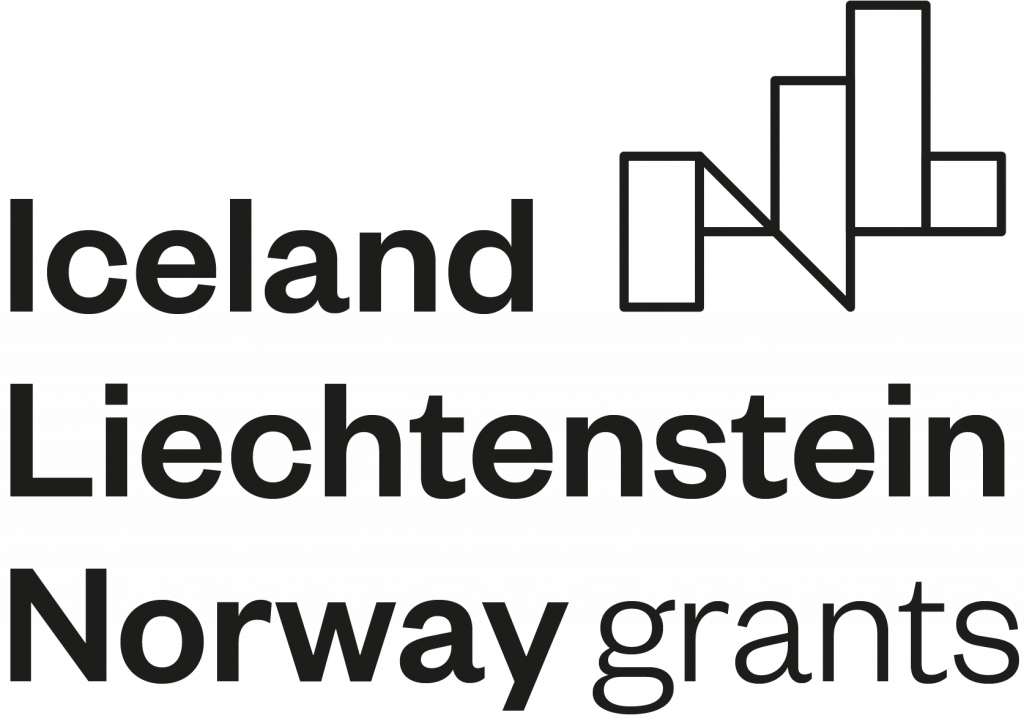The COASTAL project – MiCrofluidic sensOrs for rApid detection of marine toxins in SusTainable AquacuLture, brings together a multidisciplinary team of experts in the field of biological and chemical sensors, micro and nanofabrication, electrochemistry and analytical chemistry, who will work together to develop new approaches for the detection of PST (Paralytic Shellfish Toxins).
Main objectives
COASTAL seeks to mitigate the negative effects of harmful algal blooms (HABs) by developing novel miniaturized sensing screening tools for rapid and sensitive detection of Paralytic Shellfish Toxins (PSTs). The main intended end-users of such tools are bivalve producers and reference labs involved in toxins surveillance. Successful implementation of the proposed sensing tools will enable efficient management of bivalve harvest, particularly at the start or end of a toxicity episode. Therefore, it will have high economic, social, and environmental impacts.
Among the quantifiable targets in the project are:
– to develop and optimize methodology for simultaneous sensing of major 5 PSTs occurring in Portuguese and Norwegian coasts at the concentration levels corresponding to the regulatory limits;
– to develop user-friendly microfluidic architecture to perform toxins detection of small sample volumes (less than 50 μL) in an automated format that could be used outside of laboratory settings by operators without specialized skills and require minimal sample preparation;
– to evaluate the validity and benchmark the developed microfluidic sensing system against conventional analytical techniques, and to estimate its innovation potential;
– to improve the competences of consortium members.
